Medical Terminology
Most popular
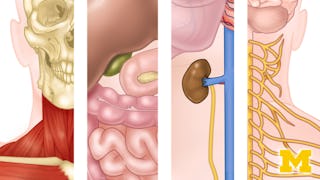 Status: Free TrialFree TrialU
Status: Free TrialFree TrialUUniversity of Michigan
Specialization
 Status: PreviewPreviewU
Status: PreviewPreviewUUniversity of Pittsburgh
Course
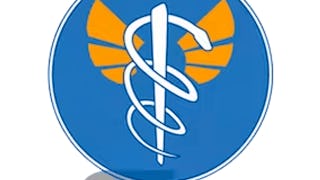 Status: Free TrialFree TrialU
Status: Free TrialFree TrialUUniversity of Colorado System
Specialization
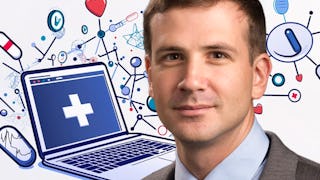 Status: PreviewPreviewY
Status: PreviewPreviewYYale University
Course
Trending now
 Status: Free TrialFree Trial
Status: Free TrialFree TrialSpecialization
 Status: Free TrialFree TrialM
Status: Free TrialFree TrialMMedCerts
Specialization
 Status: Free TrialFree TrialM
Status: Free TrialFree TrialMMedCerts
Specialization
 Status: Free TrialFree TrialJ
Status: Free TrialFree TrialJJohns Hopkins University
Professional Certificate
New releases
 Status: Free TrialFree TrialM
Status: Free TrialFree TrialMMedCerts
Specialization
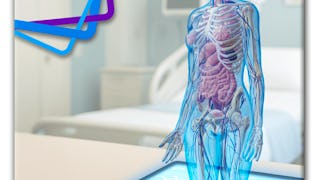 Status: Free TrialFree Trial
Status: Free TrialFree TrialCourse
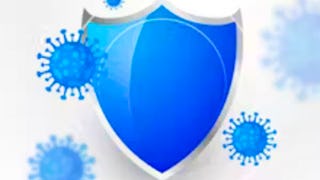 Status: PreviewPreviewJ
Status: PreviewPreviewJJordan University of Science and Technology
Course
Filter by
SubjectRequired *
LanguageRequired *
The language used throughout the course, in both instruction and assessments.
Learning ProductRequired *
LevelRequired *
DurationRequired *
SubtitlesRequired *
EducatorRequired *
Find the best Medical Terminology course for your goals
 Status: Free TrialFree TrialN
Status: Free TrialFree TrialNNational Academy of Sports Medicine
Skills you'll gain: Exercise Science, Kinesiology, Sports Medicine, Human Musculoskeletal System, Respiration, Physiology, Neurology, Mechanics, Injury Prevention, Anatomy, Medical Terminology, Nutrition and Diet
4.6·Rating, 4.6 out of 5 stars49 reviewsBeginner · Course · 1 - 3 Months
 Status: PreviewPreviewY
Status: PreviewPreviewYYale University
Skills you'll gain: Research Design, Medical Science and Research, Statistical Methods, Descriptive Statistics, Data Literacy, Scientific Methods, Clinical Research, Research, Biostatistics, Data Collection, Sampling (Statistics), Medical Terminology, Correlation Analysis
4.9·Rating, 4.9 out of 5 stars2.2K reviewsBeginner · Course · 1 - 3 Months
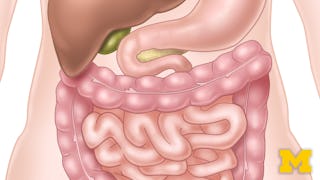 Status: Free TrialFree TrialU
Status: Free TrialFree TrialUUniversity of Michigan
Skills you'll gain: Anatomy, Endocrinology, Gynecology, Obstetrics And Gynecology, Physiology, Urology, Medical Imaging, Medical Terminology
4.8·Rating, 4.8 out of 5 stars619 reviewsBeginner · Course · 1 - 4 Weeks
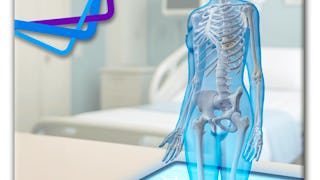 Status: Free TrialFree Trial
Status: Free TrialFree TrialSkills you'll gain: Human Musculoskeletal System, Orthopedics, Kinesiology, Medical Imaging, Anatomy, Diagnostic Tests, Sports Medicine, Physical Therapy, Exercise Science, Physiology, Medical Terminology, Chronic Diseases
Beginner · Course · 1 - 4 Weeks
 Status: PreviewPreview
Status: PreviewPreviewSkills you'll gain: Health Policy, Decision Support Systems, Data-Driven Decision-Making, Health Assessment, Analysis, Health Technology, Health Care, Value-Based Care, Pharmaceutical Terminology, Medical Terminology, Risk Analysis, Clinical Trials, Systems Of Measurement
4.5·Rating, 4.5 out of 5 stars19 reviewsIntermediate · Course · 1 - 4 Weeks
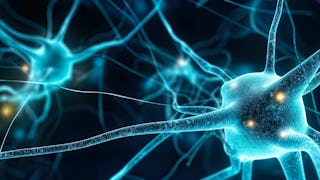 Status: Free TrialFree Trial
Status: Free TrialFree TrialSkills you'll gain: Medical Terminology, Endocrinology, Neurology, General Medical Tests and Procedures, Diagnostic Tests, Pathology, Medical Records, Communication Disorders, Anatomy, Physiology
4.9·Rating, 4.9 out of 5 stars19 reviewsBeginner · Course · 1 - 4 Weeks
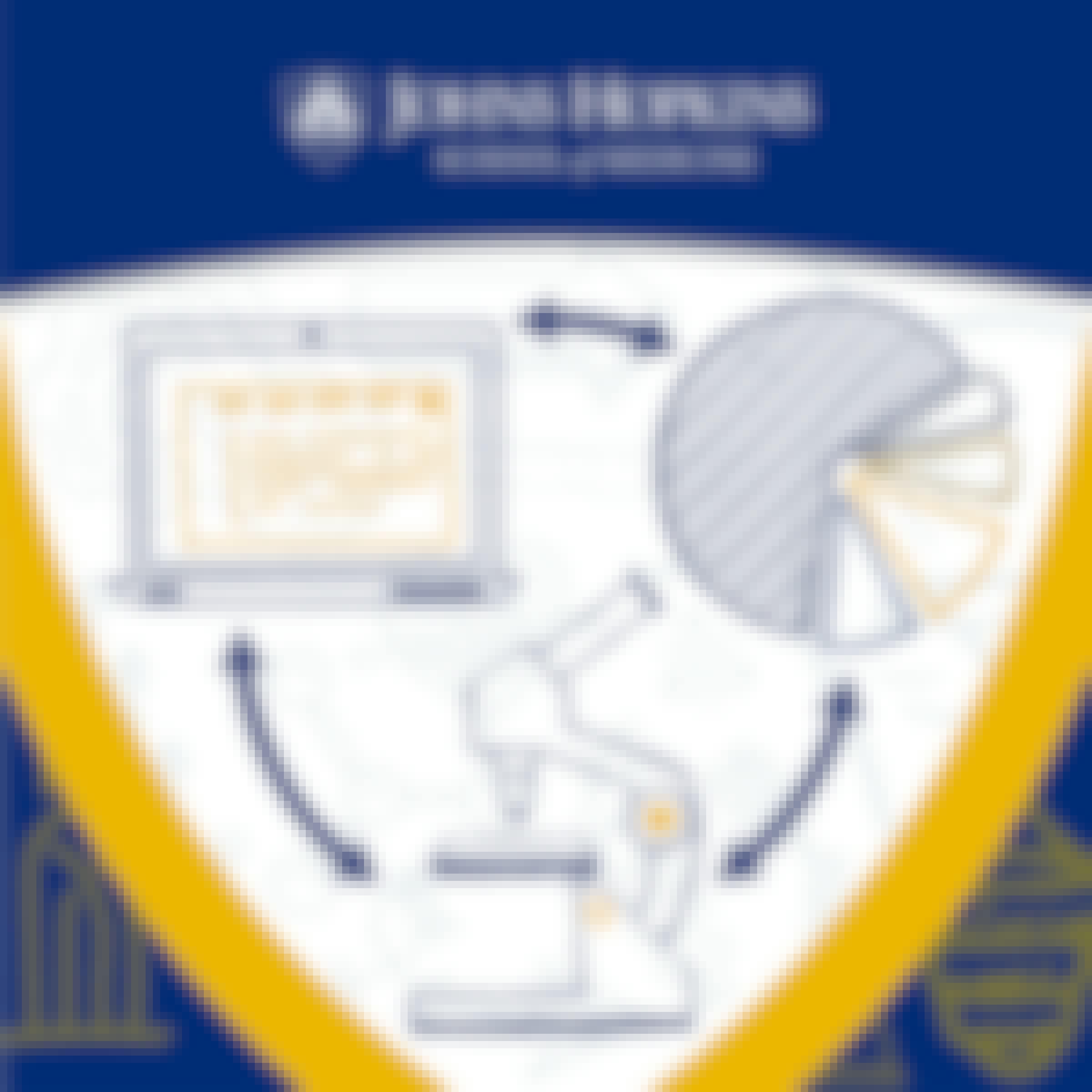 J
JJohns Hopkins University
Skills you'll gain: Health Technology, Telehealth, Healthcare Industry Knowledge, Health Care, Medical Terminology, Health Policy, Health Informatics, Health Disparities, Entrepreneurship, Payment Systems, Social Determinants Of Health, Value-Based Care, Innovation, Data-Driven Decision-Making
4.4·Rating, 4.4 out of 5 stars34 reviewsBeginner · Course · 1 - 4 Weeks
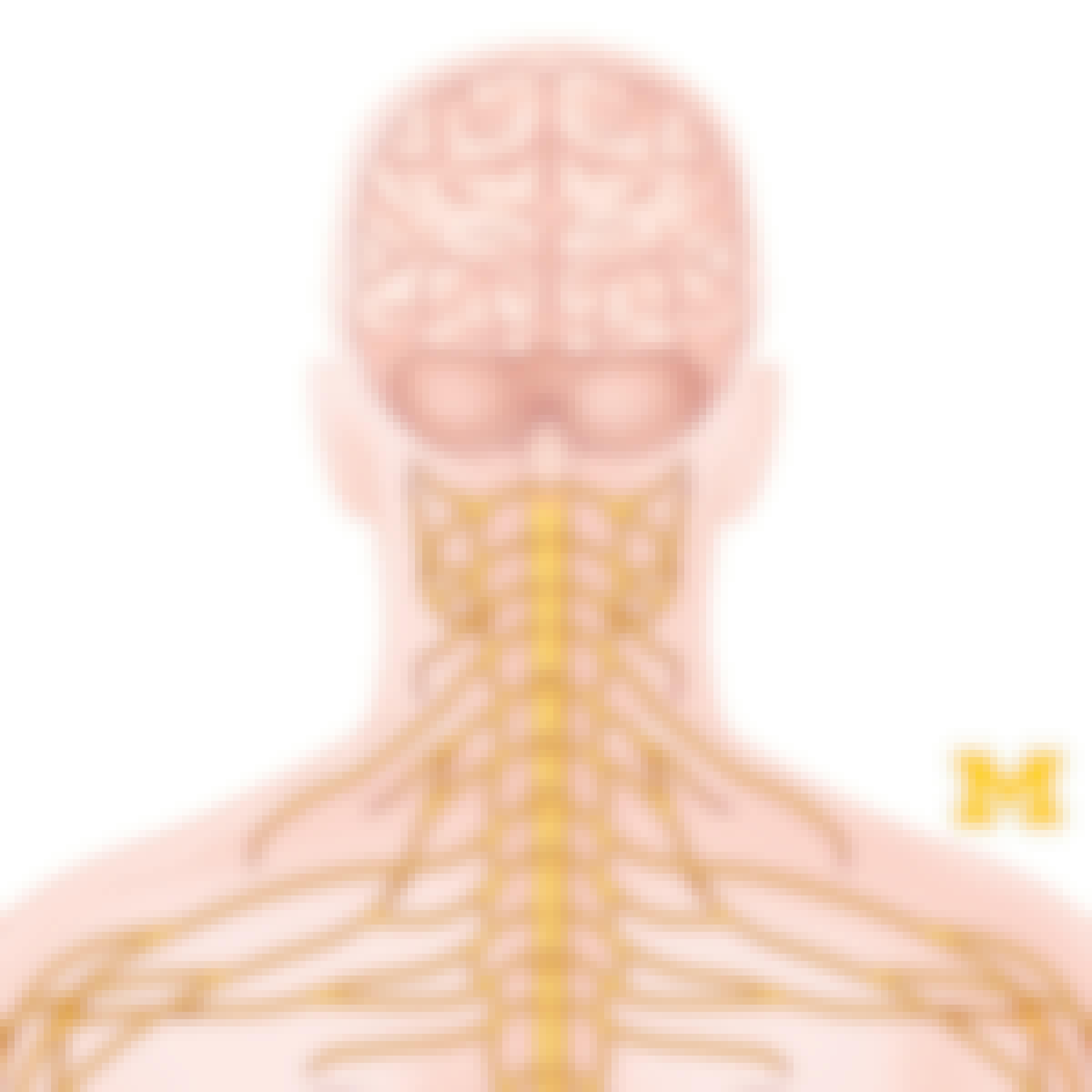 Status: Free TrialFree TrialU
Status: Free TrialFree TrialUUniversity of Michigan
Skills you'll gain: Anatomy, Neurology, Physiology, Medical Terminology
4.9·Rating, 4.9 out of 5 stars992 reviewsBeginner · Course · 1 - 3 Months
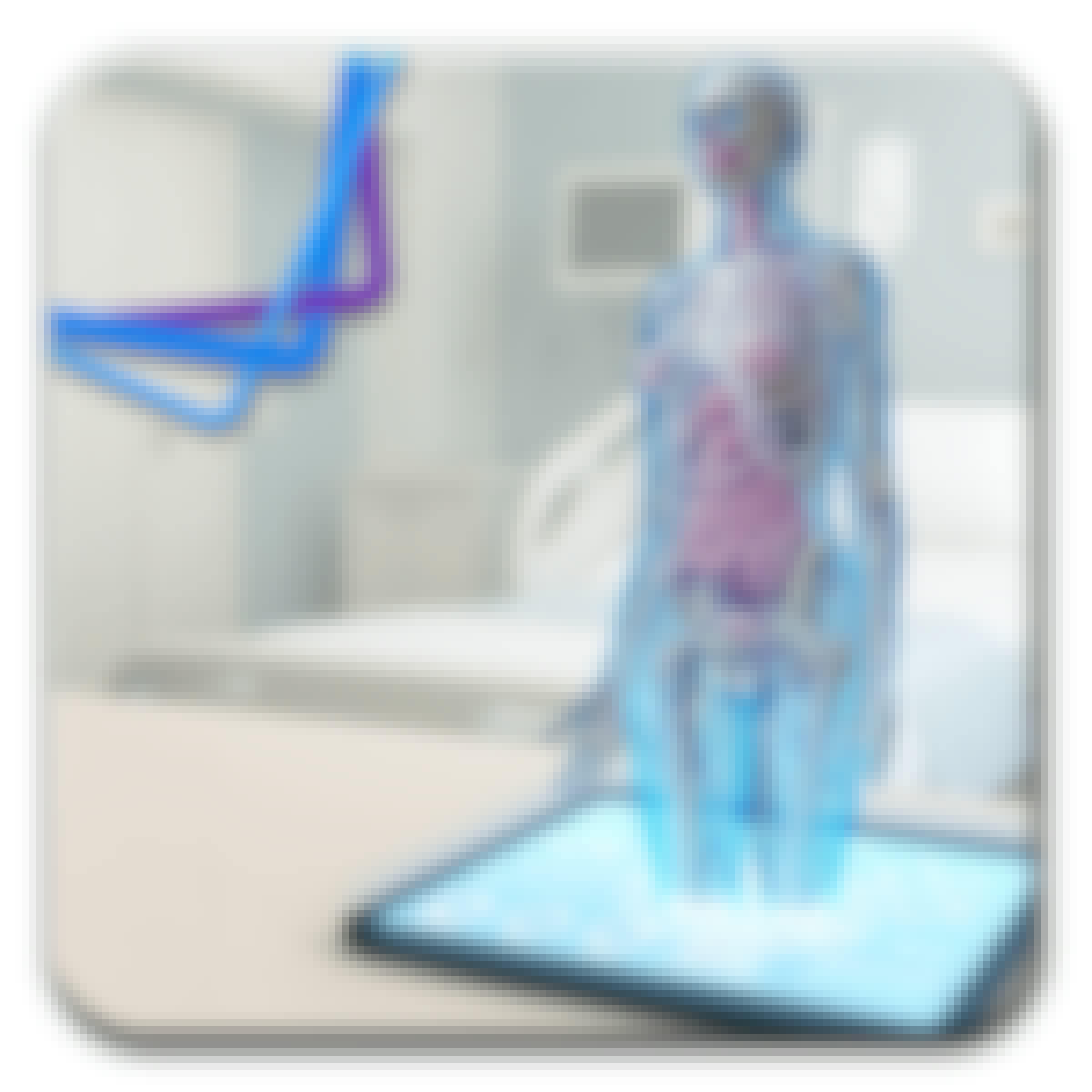 Status: NewNewStatus: Free TrialFree Trial
Status: NewNewStatus: Free TrialFree TrialSkills you'll gain: Respiration, Nursing Process, Cardiology, Patient Evaluation, Human Musculoskeletal System, Medical Terminology, Health Assessment, Vital Signs, Physiology, Health Care, Clinical Assessment, Psychosocial Assessments, Clinical Nutrition, Basic Nursing Skills, Public Health, Healthcare Industry Knowledge, Medical Surgical Nursing, Health Care Procedure and Regulation, Infection Control, Emergency Response
Beginner · Course · 1 - 4 Weeks
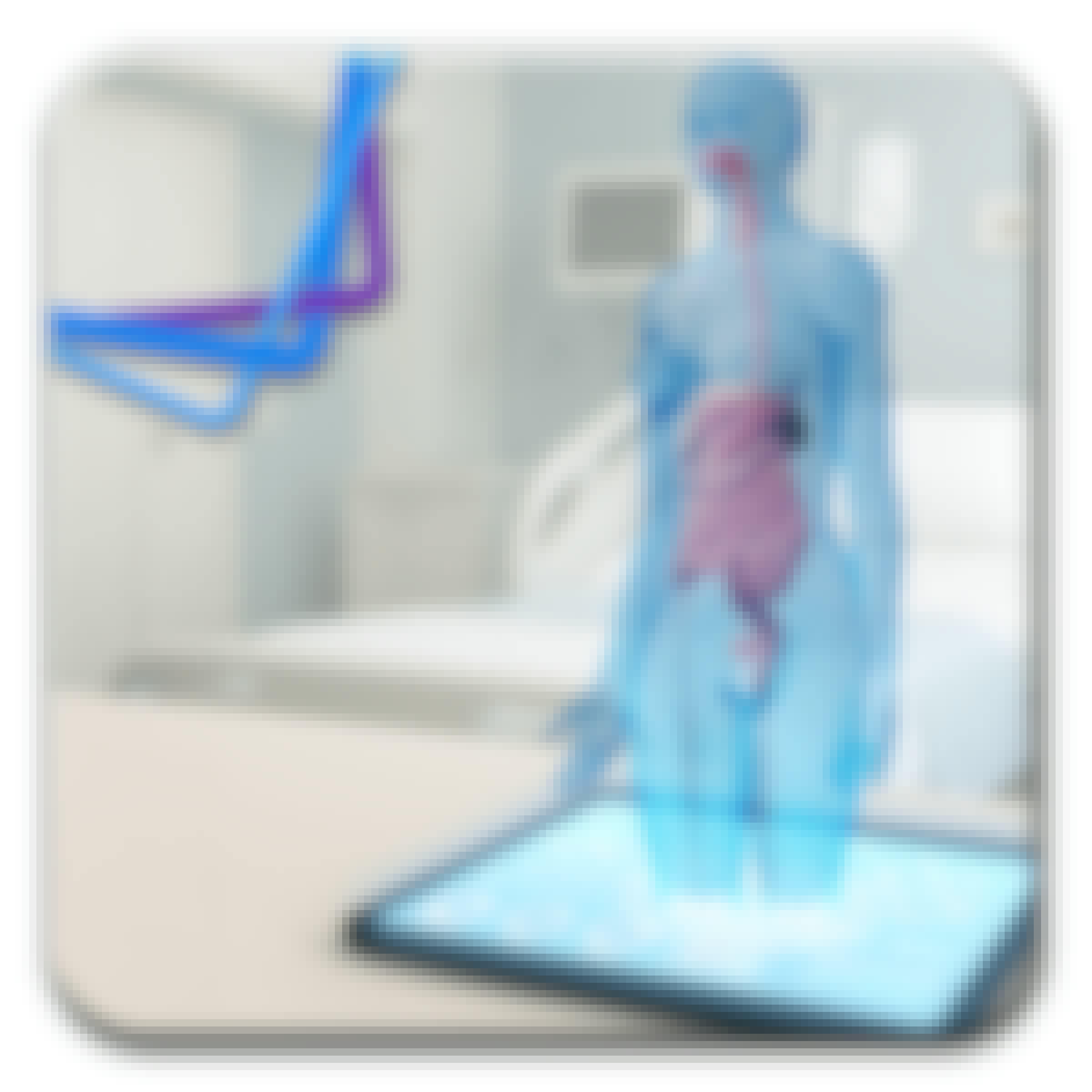 Status: Free TrialFree Trial
Status: Free TrialFree TrialSkills you'll gain: Clinical Practices, Diagnostic Tests, General Medical Tests and Procedures, Anatomy, Pathology, Physiology, Nutrition and Diet, Microbiology, Medical Terminology, Biology, Molecular, Cellular, and Microbiology
Beginner · Course · 1 - 4 Weeks
 Status: Free TrialFree Trial
Status: Free TrialFree TrialSkills you'll gain: Cell Biology, Physiology, Anatomy, Human Musculoskeletal System, Medical Terminology, Health Systems, Biology, Vital Signs, Respiration, Health Assessment, Basic Patient Care
5·Rating, 5 out of 5 stars6 reviewsBeginner · Course · 1 - 4 Weeks
 Status: PreviewPreviewS
Status: PreviewPreviewSStanford University
Skills you'll gain: Patient Education And Counseling, Health Disparities, Teaching, Instructional Strategies, Health Equity, Instructing, Health Education, Education and Training, Social Determinants Of Health, Health Care, Health Assessment, Community Health, Interactive Learning, Behavioral Health, Healthcare Industry Knowledge, Patient Communication, Cultural Responsiveness, Medical Terminology, Diversity Equity and Inclusion Initiatives
4.8·Rating, 4.8 out of 5 stars24 reviewsBeginner · Course · 1 - 4 Weeks







